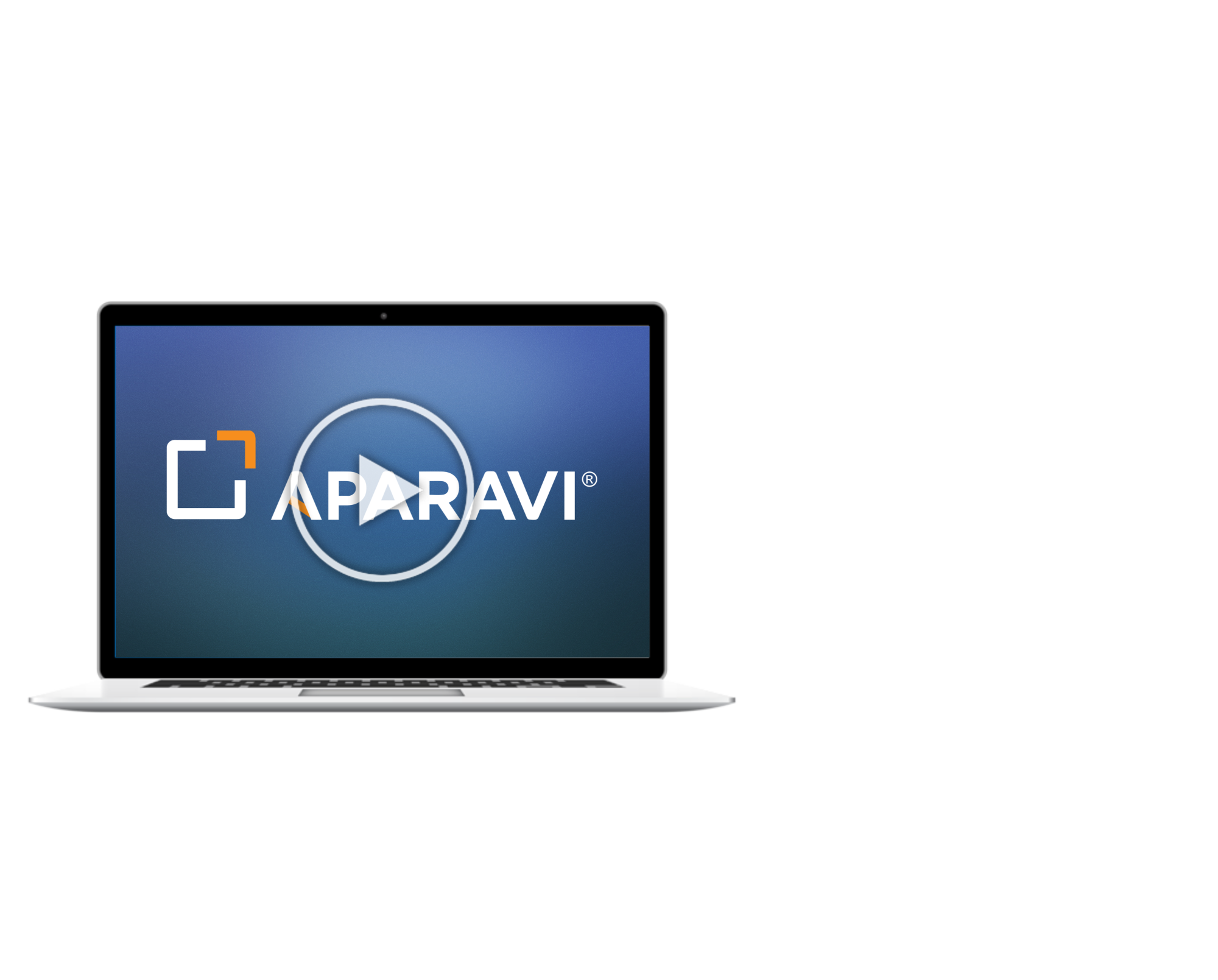Discover Your
Unstructured Data Universe
We empower organizations to control their unstructured data: simply, securely, sustainably

Revenue
Risk
Costs
CO2 footprint
Discover the value of your unstructured data
+ Quick installation and simple to use
- Neatly laid out dashboard for searching & reporting
- Over 200 standardized classification settings and customized search functions
- Runs securely within your IT environment and firewall
- Analysis of 6,000 data formats across multiple platforms, no matter whether on-premises, cloud or hybrid
- Over 100 training videos & exhaustive documentation in the APARAVI Academy
+ Lasting mitigation of risks
- Locate personal & business-critical data quickly and easily
- View access rights of employees immediately
- Avoid huge GDPR penalties by employing relevant TOM
- Up to 70% fewer data breach remediation costs by creating and maintaining data inventories
- 3x faster to locate & analyze compromised data
+ Sustainable management of unstructured data
- Already comply now with EU sustainability criteria
- Reduce your energy consumption and carbon footprint by up to 40% by deleting superfluous data and automating “clean & lean data” processes
- Give account of your progress effortlessly in transparent ESG reports
- Significantly higher levels of security and compliance
+ Cut costs and add value continuously and sustainably
- 20% higher staff productivity due to finding files more rapidly
- Rapid reduction of data volume by up to 40% through deletion of superfluous data
- Up to 45% lower energy consumption for data storage & processing
- Structuring of data pools for training AI & ML applications
+ Efficiency driven by automation
- Continuous search & analysis processes for lasting “clean & lean” data pools
- Eases the burden on IT admins & data specialists enduringly, increasing employee happiness
- Sustainability reports (ESG) and Data protection reports (GDPR) in just a few clicks
- Customizable scheduling of specific reports
+ A strong partner at your side
APARAVI was founded in Switzerland by Adrian Knapp, and is represented in Switzerland, Germany and the USA with 4 offices. The company employs over 100 experts.
APARAVI has already been granted 5 patents and has been acclaimed many times by experts in the trade press and media.
The Aparavi Mission
Data is at the heart of every company, and a paramount factor in bringing about both success and risk. Digital transformation requires organizations to make fundamental changes to their IT infrastructures, processes and how they handle their business data.
Unforeseeable risks lie dormant in potential data privacy violations, data loss or data theft – while the potential offered by the insights gained from correctly analyzed data remains unutilized. At Aparavi, we strive to help businesses spot data issues before they arise and connect to all forms of unstructured data, no matter where it lives.





